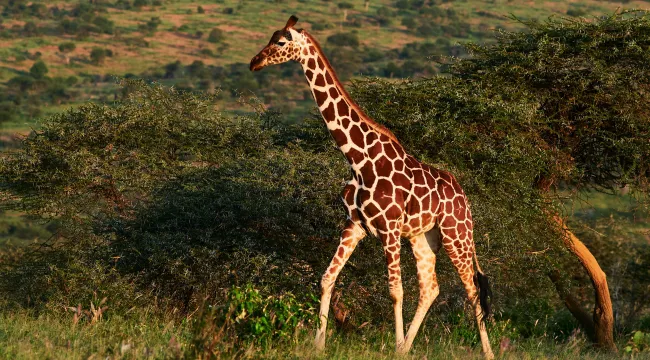
Venturing into the wilderness offers a thrilling opportunity to immerse oneself in the wonders of wildlife. From dense forests to sprawling savannahs, the natural world beckons with its beauty and mystery. In this guide, we’ll delve into the intricacies of wild places, exploring the advantages of connecting with nature, the challenges faced, essential provisions for backpacking, popular wildlife destinations, survival tips, and concluding with the importance of conservation efforts.
Advantages of Exploring Wildlife
- Reconnecting with Nature:
- Escape the hustle and bustle of urban life and immerse yourself in the tranquility of the wilderness.
- Reconnect with the natural world and gain a deeper appreciation for its beauty and complexity.
- Health Benefits:
- Engage in physical activity such as hiking, which promotes cardiovascular health and boosts mood.
- Experience the therapeutic benefits of spending time in nature, reducing stress and improving overall well-being.
- Educational Opportunities:
- Learn about diverse ecosystems, wildlife behavior, and natural processes firsthand.
- Develop a greater understanding of the interconnectedness of all living organisms and the importance of conservation.
Challenges of Wilderness Exploration
- Safety Concerns:
- Exposure to extreme weather conditions, wildlife encounters, and rugged terrain pose inherent risks.
- Lack of access to medical facilities and communication networks in remote areas can exacerbate emergency situations.
- Environmental Threats:
- Human activities such as deforestation, pollution, and habitat destruction pose significant threats to wildlife and their habitats.
- Climate change exacerbates environmental pressures, leading to habitat loss, species extinction, and ecosystem disruptions.
What to Eat in the Wilderness
- Pack Lightweight, Nutrient-Dense Foods:
- Opt for dehydrated meals, energy bars, nuts, and dried fruits to minimize weight while providing essential nutrients.
- Consider packing perishable items such as cheese, cured meats, and fresh fruits for the first day of your trip.
- Plan Meals in Advance:
- Create a meal plan and pack sufficient food for the duration of your trip, accounting for extra days in case of unexpected delays.
- Incorporate a balance of carbohydrates, proteins, and fats to sustain energy levels during physical exertion.
Essential Backpacking Gear
- Shelter:
- Choose a lightweight tent or hammock system to provide shelter from the elements.
- Ensure your shelter is durable, waterproof, and adequately ventilated for comfort.
- Navigation:
- Carry a map and compass or GPS device to navigate unfamiliar terrain.
- Familiarize yourself with the route beforehand and plan alternate paths in case of emergencies.
- Water Filtration:
- Pack a reliable water filtration system or purification tablets to ensure access to safe drinking water.
- Stay hydrated by drinking regularly, especially in hot or dry conditions.
Popular Wildlife Destinations
- Yellowstone National Park (USA):
- Explore iconic landscapes, including geothermal features, pristine lakes, and diverse wildlife such as bison, wolves, and grizzly bears.
- Enjoy recreational activities such as hiking, camping, and wildlife watching amidst breathtaking natural beauty.
- Serengeti National Park (Tanzania):
- Embark on a safari adventure to witness the annual migration of wildebeest and zebras across the vast plains of the Serengeti.
- Encounter iconic African wildlife, including lions, elephants, giraffes, and cheetahs, in their natural habitat.
Survival Tips in the Wilderness
- Prioritize Safety:
- Inform others of your itinerary and expected return date before embarking on your journey.
- Stay vigilant and aware of potential hazards, including changing weather conditions and wildlife encounters.
- Basic Wilderness Skills:
- Learn essential wilderness skills such as navigation, shelter building, fire starting, and first aid.
- Practice Leave No Trace principles to minimize environmental impact and preserve the integrity of natural ecosystems.
Conclusion
Exploring wildlife offers a transformative experience that nourishes the mind, body, and soul. By embracing the wilderness, we gain a deeper appreciation for the beauty and complexity of the natural world while reaping numerous health benefits. However, wilderness exploration also presents challenges, from safety concerns to environmental threats, which must be addressed with careful planning and preparation. As stewards of the Earth, it is our responsibility to protect and preserve wildlife and their habitats for future generations to enjoy. Through education, conservation efforts, and responsible outdoor practices, we can ensure that the wonders of the wilderness endure for years to come.




